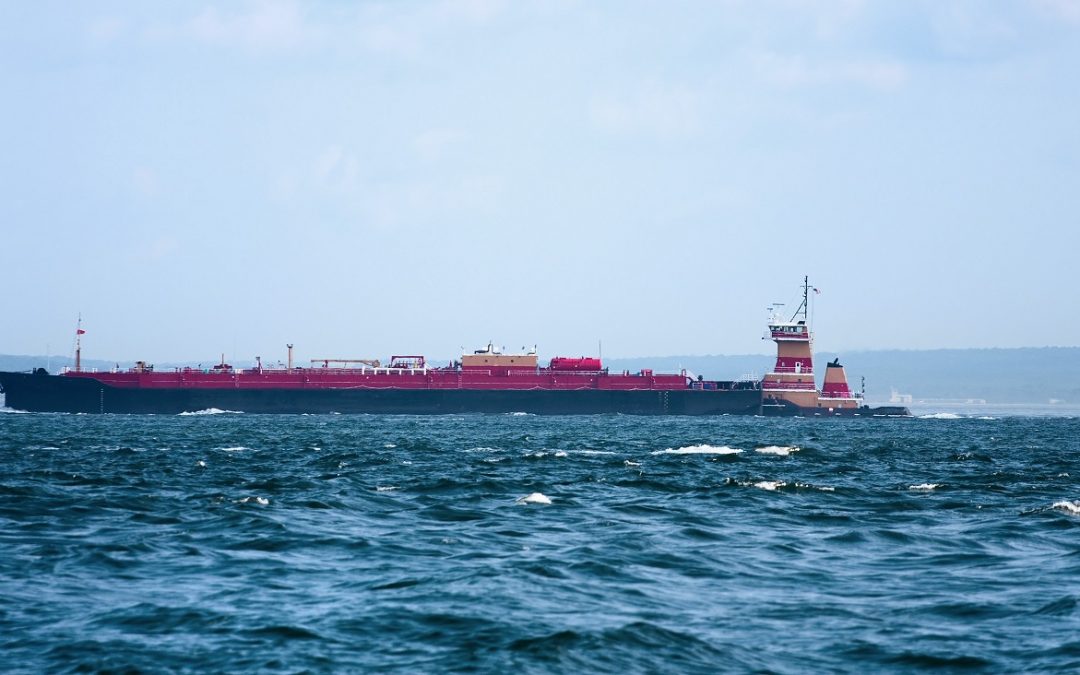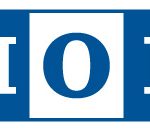The FuelEU Maritime regulation, enforced January 1, 2025, aims to reduce greenhouse gas (GHG) emissions on a well-to-wake basis within EU and EEA waters.
The regulation mandates compliance with GHG intensity limits and promotes the use of alternative fuels and technologies. GHG intensity, in the EU maritime sector, refers to energy consumed per unit of output. Therefore, reducing fuel consumption over a defined distance or changing to lower carbon fuel alternatives will reduce GHG emissions and reduce the compliance deficit. The compliance deficit is calculated as the target GHG intensity subtracted by the actual GHG intensity, multiplied by total energy consumption.
However, due to delays with the EEA agreement, some EEA countries will now be treated as outside of the EU at the time of writing.
FuelEU will therefore not apply to EEA members Norway and Iceland with Liechtenstein being landlocked. There is currently no set date for FuelEU’s application to EEA countries. More information is available from the Norwegian Maritime Authority here.
Article 2 (points 3 to 6) of the FuelEU regulation outlines exemptions for certain EU member states. These exemptions cover specific routes, ports, and energy used during voyages, as well as emissions during port stays.
The key exemptions are:
(3) Passenger ships (excluding cruise ships) traveling between ports on islands with fewer than 200,000 inhabitants.
(4) Ships traveling to the outermost regions, including Guadeloupe, French Guiana, Martinique, Reunion, Saint-Barthelemy, Saint-Martin, the Azores, Madeira, and the Canary Islands.
(5) Passenger ships on voyages to ports in other member states performing public service contracts, for states without land borders, such as Malta and Cyprus.
(6) Energy used by passenger ships on public service routes (established before October 12, 2023), between mainland ports and islands under their jurisdiction, including Spanish autonomous cities of Ceuta and Melilla.
Exemptions are valid until December 31, 2029, but some areas may choose to start implementing the regulation beforehand. Each port or location requires permission for the exemption, as well as a further written agreement if they chose to ratify earlier.
The below countries have approved exemptions, click on their corresponding links to see the islands and ports which this is applicable to:
- Denmark with exemptions from Article 2(3) – EU Communication
- Greece with exemptions from Article 2(3) – EU Communication
- Italy with exemptions from Article 2(3) as well as specified vessels which are exempt from Article 2(6) – (EU Communication)
- Malta with exemptions from Article 2(3) – EU Communication
- Finland – (See section 9 here from the Parliament of Finland). It is expected that Finland will apply the exemptions of article 2(3) however, EU communication and confirmation still awaits. We advise to check with local authorities if sailing in this area.
Source: NorthStandard






